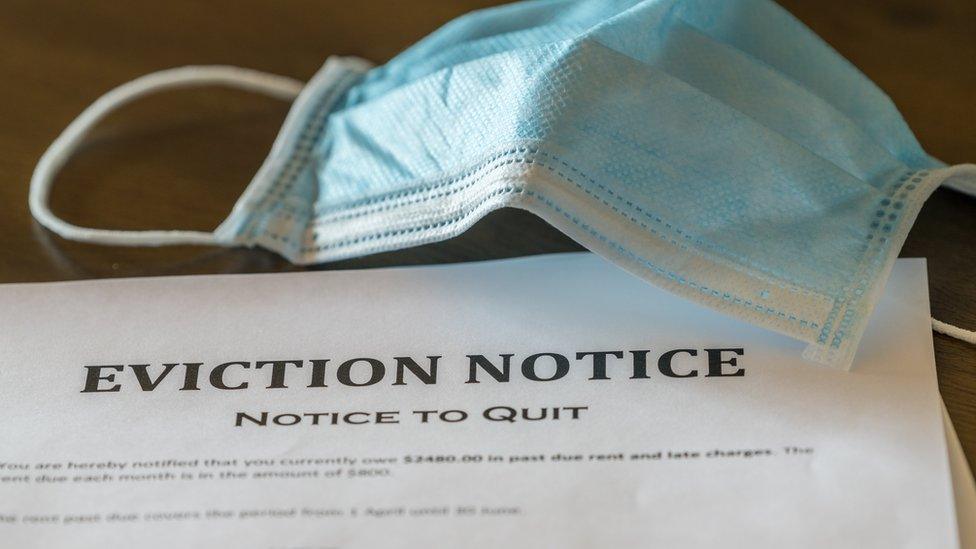Coronavirus: Labour calls for evictions ban to be extended
- Published

The ban on evictions in England should be extended in order to prevent a "homelessness crisis", Labour has said.
The government introduced the ban in March to help those financially hit by the coronavirus lockdown.
Homeless charity Shelter estimates 227,000 private renters have fallen into arrears since the pandemic and could lose their homes when the ban on evictions is lifted on 23 August.
The government said it would offer "appropriate support" to renters.
New evictions in England and Wales had initially been suspended until 25 June, but the pause was extended to 23 August.
The Labour-led Welsh government has doubled the notice period required for evictions issued on or after 24 July to six months, excluding cases relating to anti-social behaviour.
Meanwhile the Scottish government has proposed extending its ban on evicting renters until March 2021.
Labour's shadow housing secretary Thangam Debbonaire said with the furlough scheme coming to an end and coronavirus infections rising, the government needed to set out how it would prevent a "self-made homelessness crisis".
"Veering from crisis to crisis is no way to run a country... after the incompetent handling of the exams fiasco, the government must act now to avoid more chaos of its own making," she said.
The opposition is pressing for emergency legislation to ensure no one will lose their home because of coronavirus.
In a letter to Housing Secretary Robert Jenrick, she said Labour did not want to see the ban on evictions lifted until "the government has introduced changes to our broken housing system that will protect tenants".
Specifically, she said the government should fulfil its manifesto promise and end Section 21 evictions - also known as 'no-fault evictions'.
She also called for Section 8 evictions to be changed in order to prevent automatic eviction for tenants whose income had been hit by the pandemic. Section 8 evictions allow landlords to remove tenants before the end of their tenancy agreement.
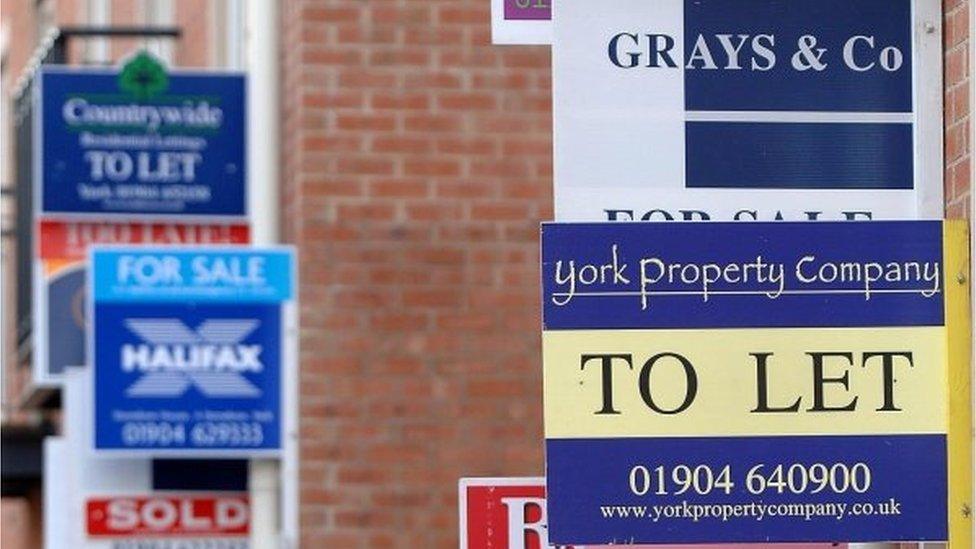
Earlier this week Labour and Lib Dem MPs urged the government to guarantee councils financial support to house rough sleepers for a year and former shadow chancellor John McDonnell said the ban on evictions should be extended for at least a year.
However the National Residential Landlords Association urged ministers to resist calls for a further extension, arguing that the majority of tenants had "paid their rent as normal or come to a payment arrangement with their landlord during the pandemic".
The organisation said the UK government should instead establish a loan scheme to help renters, similar to the £8m package offered by the Welsh government.
A spokesperson for the Housing, Communities, and Local Government Department said the government had taken "unprecedented action" to support renters during the pandemic and would continue to support those affected when the eviction ban lifts.
"We have changed court rules so landlords need to provide more information about their tenants' situation when seeking an eviction - with judges able to adjourn a case if they don't," they said.
They also said landlords would still need to give tenants three months' notice for possession cases, including Section 21 evictions, until at least 30 September.

Evictions: What are my rights?
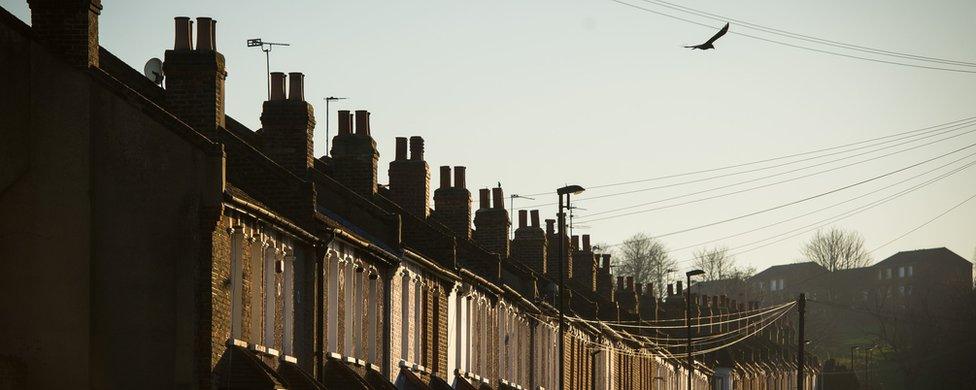
Landlords in England and Wales can evict their tenants without giving a reason by issuing a Section 21 notice.
Normally, this can only be done when the initial fixed term has ended.
This notice might be ruled invalid if the landlord has failed to stick to certain rules, external, for instance by failing to properly protect a tenant's deposit.
The normal notice period for this type of eviction is two months, but this has been extended to three months in England because of the Covid-19 crisis.
In Wales this period is now six months, except for cases relating to anti-social behaviour.
If tenants fail to leave by the due date on the notice, landlords can then apply to a court to enforce it.
To evict a tenant who has broken the terms of a rental agreement, including by not paying rent, landlords can issue a Section 8 notice.
Again, if the tenant does not leave by the specified date, landlords can apply to get a court to enforce the notice.
As long as the landlord has followed the rules, a judge can then order tenants to leave by a certain date, repay outstanding rent, or both.
The government has put new rules in place for when new repossession proceedings are allowed to start again after 23 August.
Under the new rules, external, landlords will have to say how the pandemic has affected their tenants financially when applying for a hearing.
They will also be required to produce a tenant's full rent arrears history in advance of proceedings, rather than at the hearing itself.

Are you at risk of eviction as the ban gets lifted? Share your experiences by emailing haveyoursay@bbc.co.uk, external.
Please include a contact number if you are willing to speak to a BBC journalist. You can also get in touch in the following ways:
WhatsApp: +44 7756 165803
Tweet: @BBC_HaveYourSay, external
Please read our terms & conditions and privacy policy
If you are reading this page and can't see the form you will need to visit the mobile version of the BBC website to submit your question or comment or you can email us at HaveYourSay@bbc.co.uk, external. Please include your name, age and location with any submission.
- Published17 August 2020
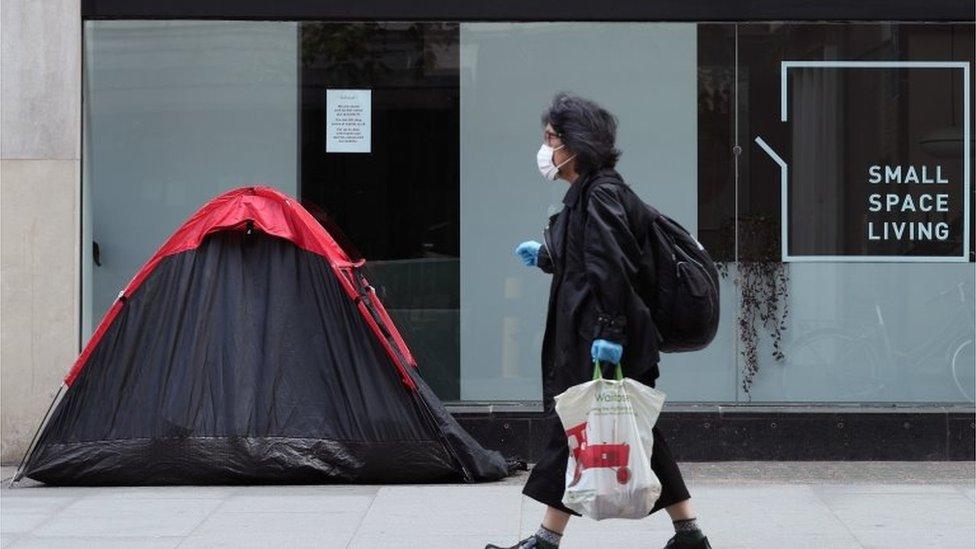
- Published27 March 2020
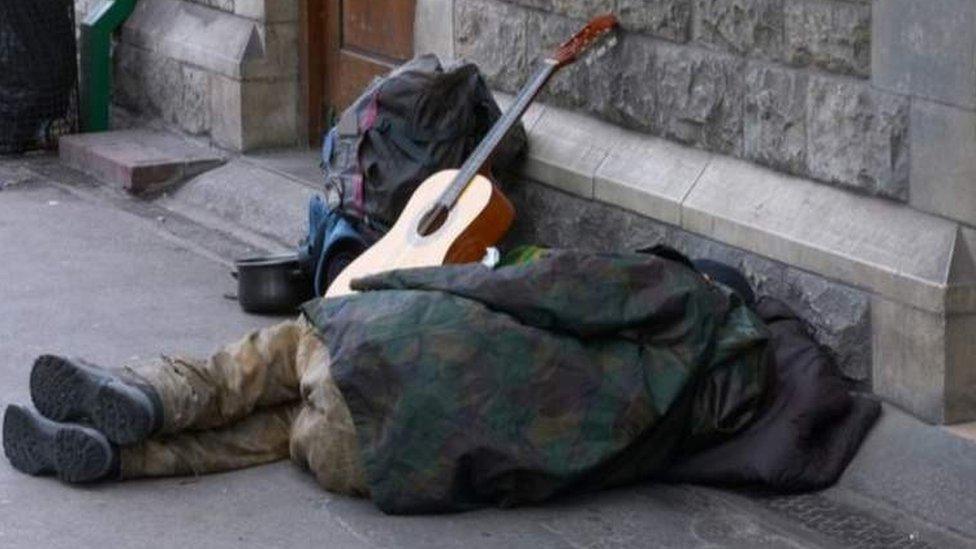
- Published5 June 2020
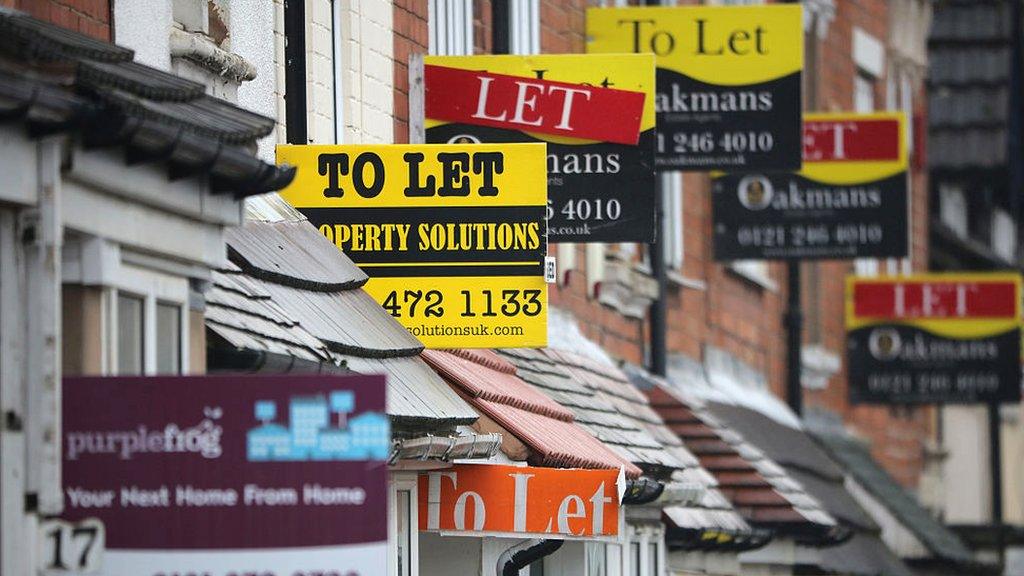
- Published13 August 2020
